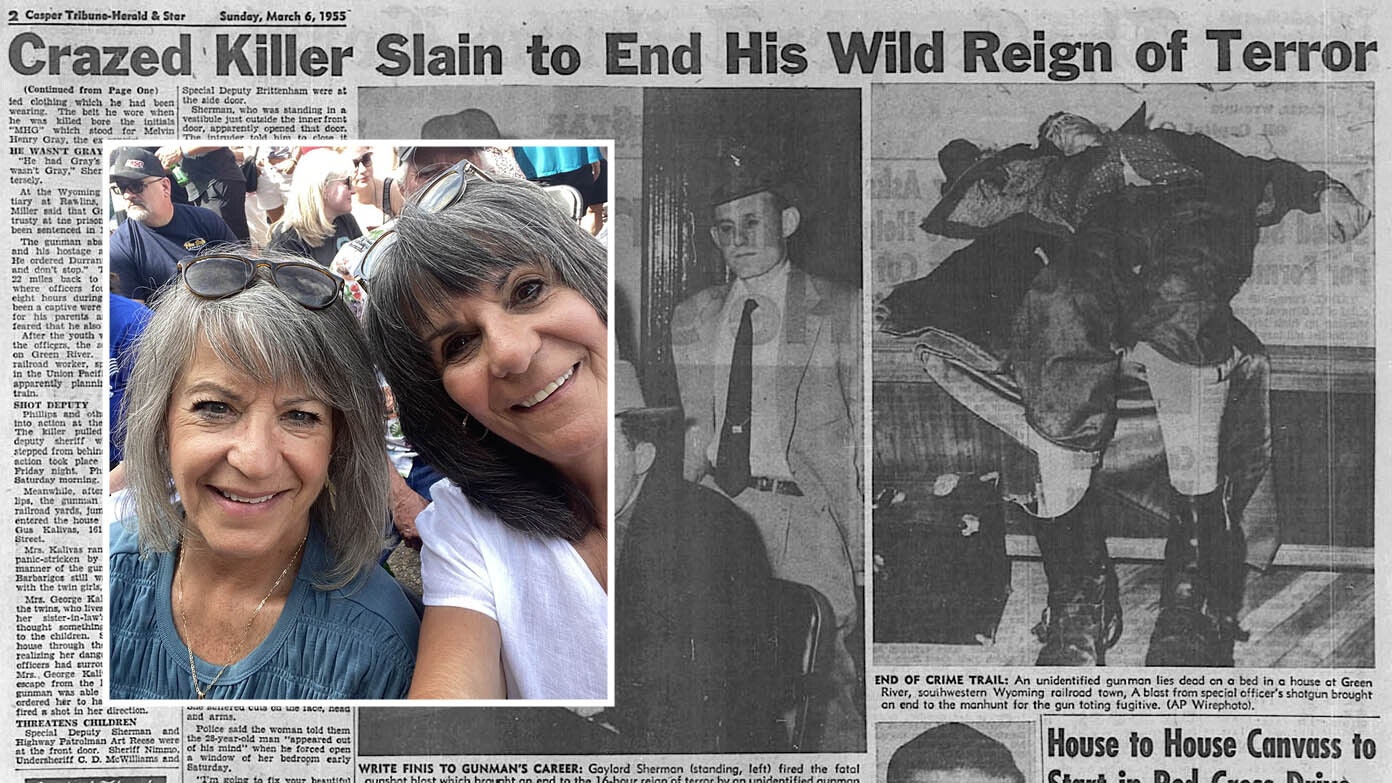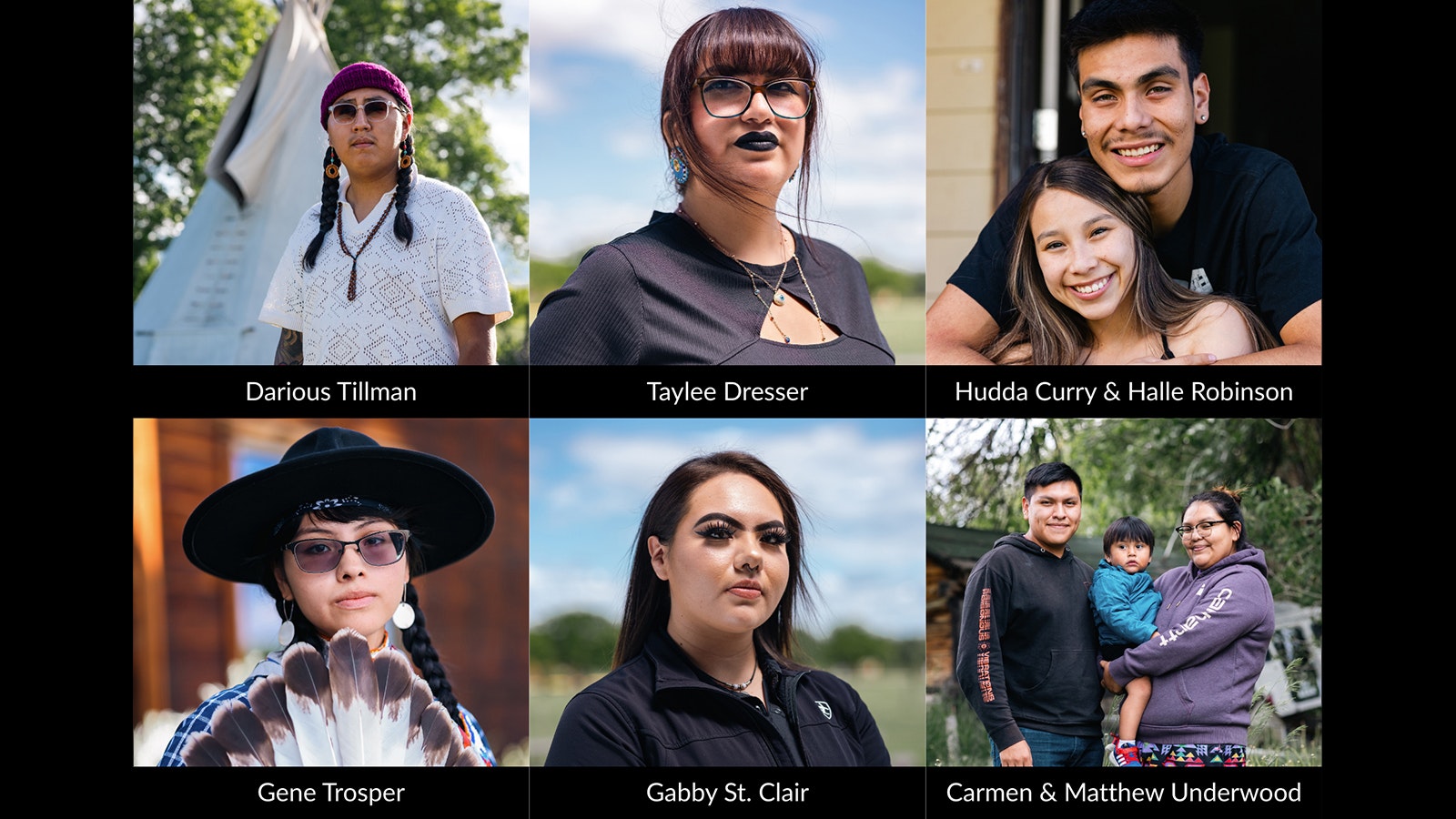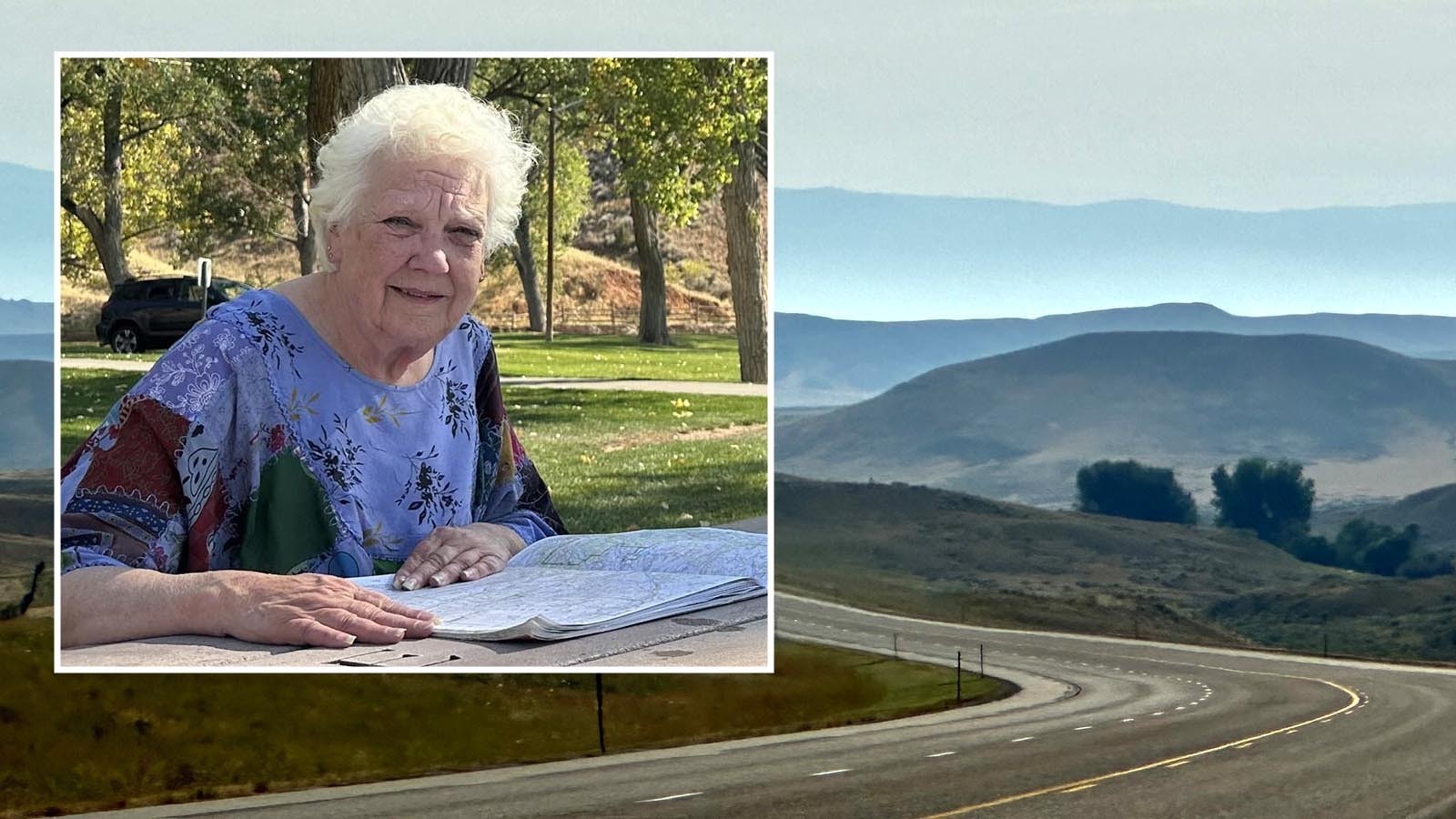A Cheyenne woman studying journalism in Arizona has found herself at the center of a controversy after what she said was an attempt to add context to the story of a Black man shot by police in Wisconsin.
Rae’Lee Klein is standing up to pressure to resign as student manager of Blaze Radio, the radio station run by students of the Walter Cronkite School of Journalism and Mass Communications at Arizona State University, because she tweeted a New York Post story concerning allegations against Jacob Blake.
The story and an accompanying tweet from Klein were criticized as racist and insensitive, but Klein said she was trying to give her readers and listeners as much information as possible on Blake’s shooting by police in Kenosha, Wisconsin.
“I’m not going to resign,” she told Cowboy State Daily. “I don’t plan to resign simply because I know the intent behind the tweet was to give a little more detail to the story.”
Blake was left paralyzed after being shot multiple times in the back by Kenosha police.
At issue is Klein’s posting of the New York Post story which detailed allegations against Blake contained in a warrant for his arrest on charges of third-degree sexual assault issued before he was shot on Aug. 23.
Klein, a 2018 Cheyenne Central High School graduate, also tweeted: “Always more to the story, folks. Please read this article to get background of Jacob Blake’s warrant. You’ll be quite disgusted.”
The tweet generated considerable criticism, with commenters calling Klein racist and insensitive and saying that she should be removed as manager for the student radio station, which runs a mix of news, music and sports.
“As someone in an industry that gets a lot of backlash already, I expected some backlash, but I never anticipated it would become this big of a story,” she said. “My intent was to share the disgusting details of what happened to this woman, to say ‘Here is another angle to this story that is just coming out.’
“People thought I was condoning what happened to Jacob Blake, which is no no way what I was saying,” she continued.
Klein said initially, the board of directors for the station, a group of students that is advisory in nature, supported her actions.
“It seemed like everything was fine, then in a matter of six hours, I found out the board had met without me and decided to ask that I resign,” she said.
However, the board lacks the authority to remove Klein as manager. Only the college’s dean can take that action.
Members of the board have threatened to resign if Klein is allowed to remain as manager and the university has tried to orchestrate a resolution to the disagreements between Klein and the board.
Klein said since the incident occurred, she has received many messages of support, including from other college journalists who have encountered criticism for their actions.
“I unfortunately found myself going down a very long history of not only my school, but universities across the country trying to censor people’s right to free speech,” she said.
The incident stems from Klein’s attempts to follow what she learned at ASU, she said.
“My first introductory (journalism) classes pushed the idea of putting all the facts out there and what is true will rise to the top,” she said. “I was sticking by trying to put all the truth out there. To get this overwhelming amount of backlash and censorship on this First Amendment right is baffling.”
Klein, who also covers politics for Cronkite News, a news organization run by the school, had planned to pursue a journalism career after college, but she said she is now reconsidering her options.
“The journalism industry is sad as it is, it leans one way or the other,” she said. I’ve always been interested in politics. Maybe I want to go the political science and lawyer route.”





